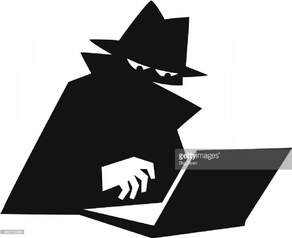|
Next time you're getting ready to write a poem, think about who's actually writing it. It doesn't have to be you. Any number of famous poets, from Shakespeare to Sylvia Plath, (and virtually everyone in between) experiment with poetic personas, masks, disguises, and characters. Shakespeare is the most obvious example, given that most of his work is overtly written for the stage. But If we learn anything from Shakespeare, it's that everything (and everywhere) is a stage. And that holds true for a poem. Imagine if Sylvia Plath, Anne Sexton, Robert Frost, or Emily Dickinson didn't use poetic disguises. Or consider your favorite rapper or hip-hop artist. For the most part, the art they create reflects a persona, or a variety of personas, and this is a good thing. In his youth, James Dickey was a middling poet, average running back, and all around unremarkable guy at Clemson University. That is until one of his writing professors told him it was OK to lie when writing poetry. In Dickey's words this realization caused "the dam to break," after which, book after book of daring original poetry (and prose) poured out of him. In fact , Dickey's use of personas was so successful that he fooled critics as wise has Robert Bly into mistaking poems such as "Slave Quarters" or "The Firebombing" as works of authentic imperialism. What I'm saying is: when you write a poem, choose to be anyone, including yourself, but not limited to yourself. If you'd like a bit of secret friendly help for your poems contact me through the Poem Polisher button below, or email me at [email protected] Categories All
0 Comments
Leave a Reply. |

